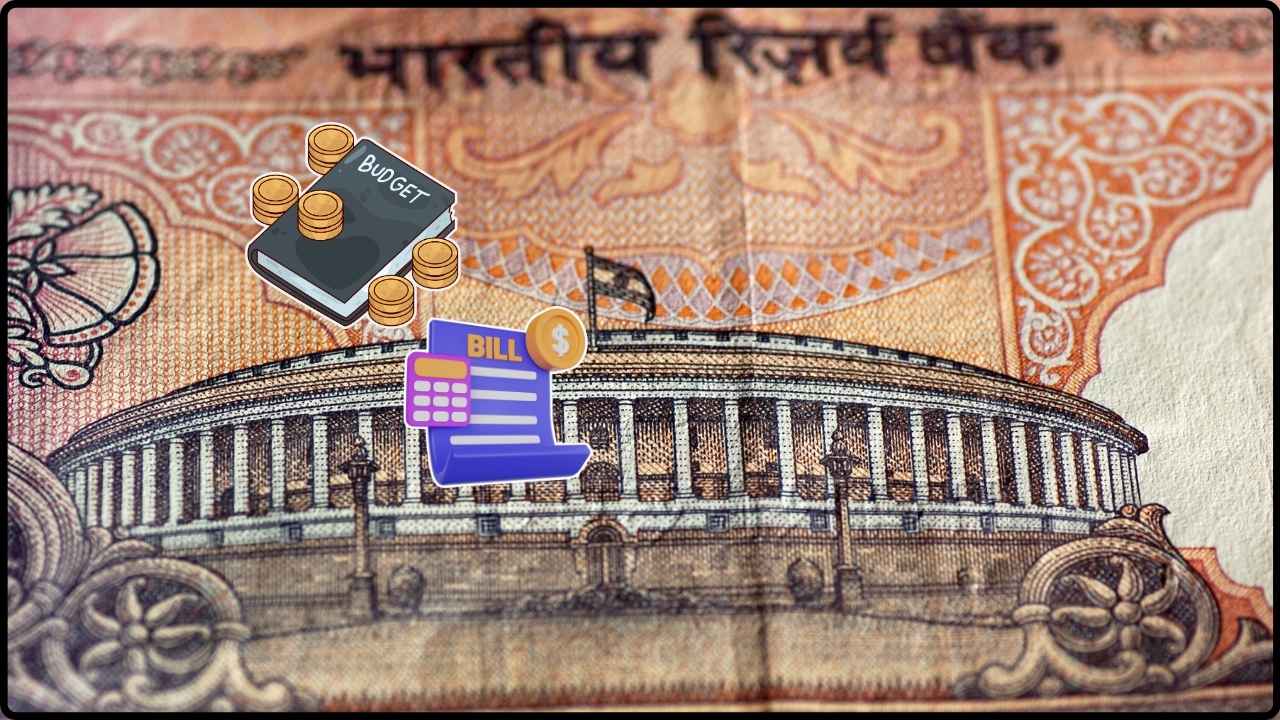Delhi HC Blasts GST Officials Over Advocate Raid: In a ruling that’s been hailed as a major win for civil liberties and professional independence, the Delhi High Court delivered a scathing rebuke to GST officials for conducting a surprise raid on the office of Advocate Puneet Batra. The court’s strong language — “Citizens can’t be treated like this” — has ignited a national conversation about attorney–client privilege, bureaucratic overreach, and the boundaries of tax enforcement in India. The case has become a flashpoint for debates on how professionals, especially lawyers, doctors, and consultants, are increasingly caught in the crosshairs of investigative agencies despite their limited role in client matters.
Delhi HC Blasts GST Officials Over Advocate Raid
The Delhi High Court’s strong stand in this case reinforces a fundamental principle of any democracy: you don’t treat professionals—especially lawyers—as suspects unless you have solid proof. This ruling doesn’t just protect Advocate Puneet Batra—it protects the legal community, the rights of businesses, and the very idea of fair representation. By upholding attorney–client privilege, demanding accountability from tax authorities, and reinforcing constitutional protections, the court has sent a powerful message: Enforcement is not license for harassment. As India’s economy and legal system modernize, this case will likely become a defining moment in the intersection of law, liberty, and professional integrity.
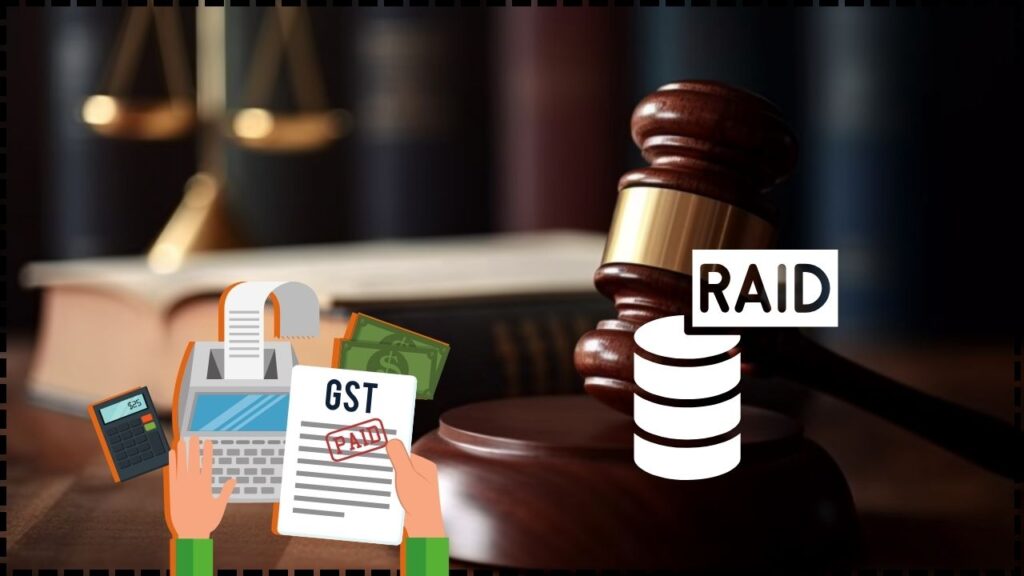
| Topic | Details |
|---|---|
| Main Issue | GST raid on an advocate’s office with no direct criminal charge |
| Advocate Involved | Puneet Batra, Bass Legal LLP |
| Date of Raid | July 25, 2025 |
| Data Seized | Over 1.25 TB of digital files and physical legal documents |
| Court’s Observation | Violation of legal privilege and misuse of power |
| Next Court Date | August 4, 2025 |
| Core Legal Focus | Attorney–Client Privilege, Article 21 (Right to Life and Liberty) |
| Related Laws | Indian Evidence Act (Sections 126–129), GST Act, Constitution of India |
| Official Source | GST Portal, Indian Evidence Act |
What Sparked the Controversy?
This legal storm began with an ongoing investigation by the Central Goods and Services Tax (CGST), Delhi East Commissionerate against Martkarma Technology Pvt. Ltd, a company in the online gaming space. Puneet Batra had legally represented Martkarma on taxation matters in 2023, but formally ceased all professional relations with them in September 2024.
Despite his disengagement from the case, Batra received multiple summons throughout 2024 and 2025. Then, in a move that stunned the legal community, GST officers raided his law office in Mayur Vihar, New Delhi, and seized:
- A CPU containing over 1.25 TB of data.
- Numerous physical documents, including files on other unrelated clients.
- Communication records between Batra and various clients protected under attorney–client privilege.
Batra immediately approached the Delhi High Court, seeking protection and calling the raid unconstitutional and an attack on professional independence.
What Did the Delhi High Court Say?
The bench comprising Justice Prathiba M. Singh and Justice Shail Jain issued strong remarks against the tax authorities, noting the disturbing pattern of overreach.
The judges made it clear that a lawyer acting in a professional capacity cannot be equated to a co-conspirator simply because they provided legal representation.
Quoting the bench:
“Unless there is prima facie evidence to suggest involvement in a criminal conspiracy, lawyers cannot be treated in this manner. This is not how a professional, or for that matter, any citizen, should be treated in a democracy.”
Key Judicial Orders
- No Summons Compliance Required (for now): The court stayed the latest GST summons issued to Advocate Batra.
- Restriction on Seized Data Access: The officials are prohibited from accessing or copying the seized data without Batra or his representative being physically present.
- Affidavit from GST Officials Required: The department must provide written justification for the raid before the next hearing on August 4, 2025.
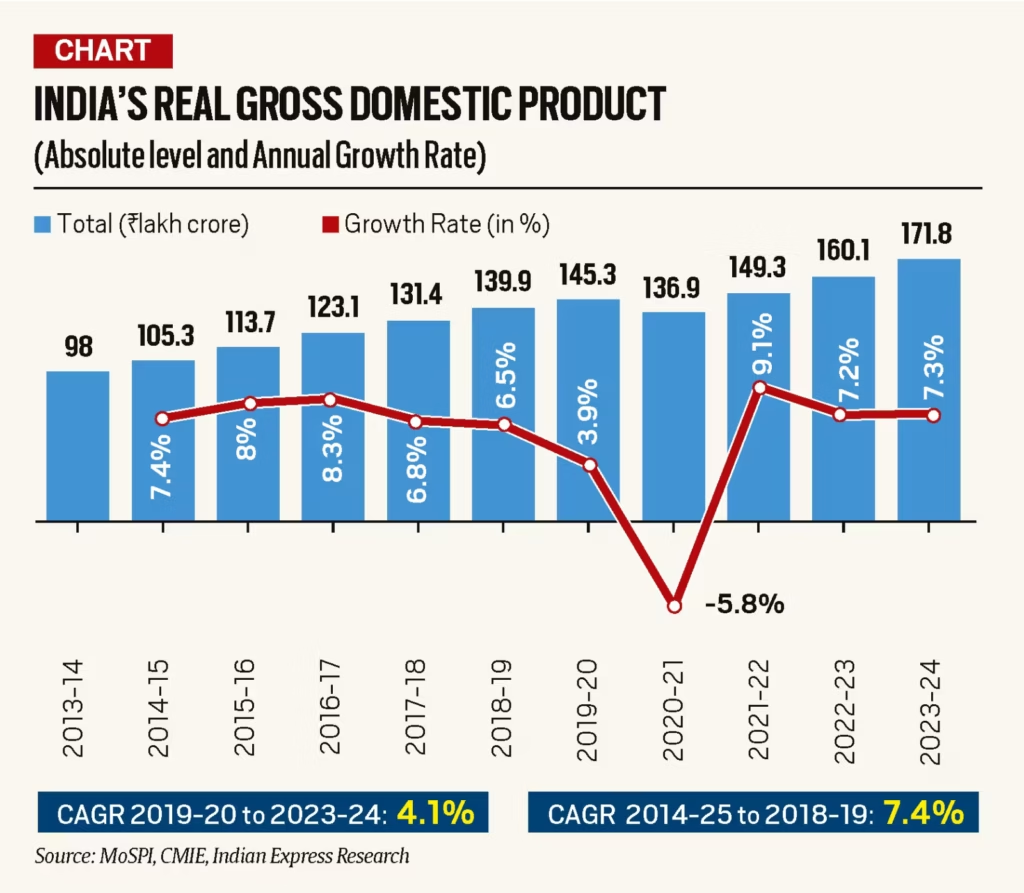
Understanding Attorney–Client Privilege in India
At the core of this case lies a fundamental principle of the legal system: attorney–client privilege. This doctrine ensures that communications between a lawyer and their client remain strictly confidential, even in the face of government scrutiny.
Legal Backing
The Indian Evidence Act, 1872 provides the statutory framework:
- Section 126: Bars legal advisors from disclosing client communications without consent.
- Section 128–129: Further extends protection to documents and oral disclosures made during the course of legal advice.
This privilege is the backbone of the justice system. If compromised, it could lead to a chilling effect where clients stop being honest with their lawyers out of fear that their information could be used against them.
How This Impacts Professionals and Businesses?
This is not just a legal issue—it’s a professional crisis. Whether you’re a startup founder, a corporate CFO, or a compliance officer, this case holds big implications for how professionals operate in India.
For example:
- If tax departments start raiding law firms, how can businesses trust legal counsel?
- If client communications aren’t protected, how can professionals ensure due process?
- If every legal representative is suspected of aiding clients, who will be willing to defend complex or controversial cases?
In a 2024 report by NASSCOM:
- 64% of Indian startups said they face regulatory friction due to ambiguous tax enforcement.
- Over 45% of fintech and gaming companies reported being “over-scrutinized” by indirect tax authorities.
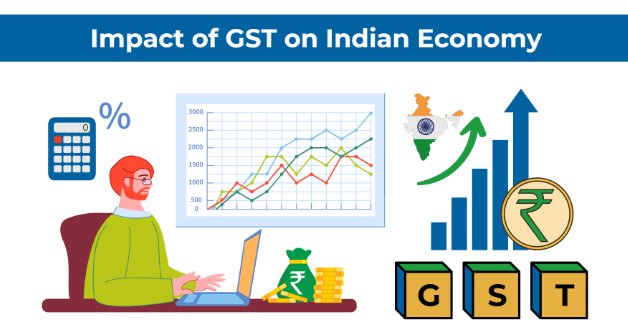
Global Comparison: What Happens in the U.S. or U.K.?
In most common law countries, legal privilege is sacrosanct.
- In the United States, the Fourth and Fifth Amendments of the Constitution protect against unreasonable searches and self-incrimination. A lawyer’s office can’t be raided unless there is probable cause and prior judicial approval.
- In the United Kingdom, “Legal Professional Privilege” cannot be overridden even by statute unless in extreme national security cases.
Contrast that with India’s approach—where sometimes searches are conducted without strong pre-raid scrutiny, especially in tax cases.
Reactions from the Legal Community on Delhi HC Blasts GST Officials Over Advocate Raid
The case has sparked outrage among legal professionals and senior advocates across India.
- The Bar Council of Delhi issued a statement saying, “This misuse of power must stop. The dignity of the legal profession is under attack.”
- Senior Advocate Dushyant Dave called the raid a “clear violation of natural justice and legal protection guaranteed under the Constitution.”
- Legal forums on LinkedIn and Bar Association WhatsApp groups have exploded with concern over growing state surveillance and intimidation of independent professionals.
Practical Advice: What to Do If You’re Raided by Tax Authorities
For lawyers and consultants, here’s what to do if tax officers show up at your office:
- Request identification of all officers present.
- Ask for a copy of the warrant or written authorization.
- Clearly mark files as privileged, including folders, devices, and communications.
- Avoid signing any document under pressure or without legal counsel.
- Insist on being present if digital devices are accessed.
- Maintain an independent witness throughout the process.
- Immediately notify your Bar Association or professional body.
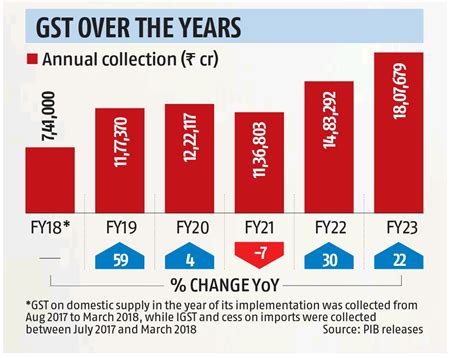
Constitutional Rights at Stake
This case hinges not just on professional ethics but also on fundamental rights:
- Article 21 of the Constitution guarantees the right to life and personal liberty. Arbitrary search and seizure violate this right.
- Article 19(1)(g) ensures the right to practice any profession. Harassment without proof violates this freedom.
Courts across India have consistently upheld that due process is the backbone of law enforcement. In Maneka Gandhi v. Union of India, the Supreme Court held that “procedure established by law” must be just, fair, and reasonable.
Broader Implications: Chilling Effect on Free Legal Representation
If the trend of dragging legal professionals into client probes continues, it risks creating a chilling effect where:
- Lawyers will avoid taking controversial or complex clients.
- Clients may withhold full information, weakening their defense.
- The entire adversarial legal system could be compromised.
Simply put, this isn’t just about tax law—it’s about trust in the justice system itself.
Telangana High Court Delivers Major Relief for NRSC in GST Dispute
India’s Manufacturing Boom Pushes July GST Inflows Up by 7.5 Percent
Maruti Suzuki Subsidiary Slammed With ₹86 Crore GST Penalty in Appellate Ruling


